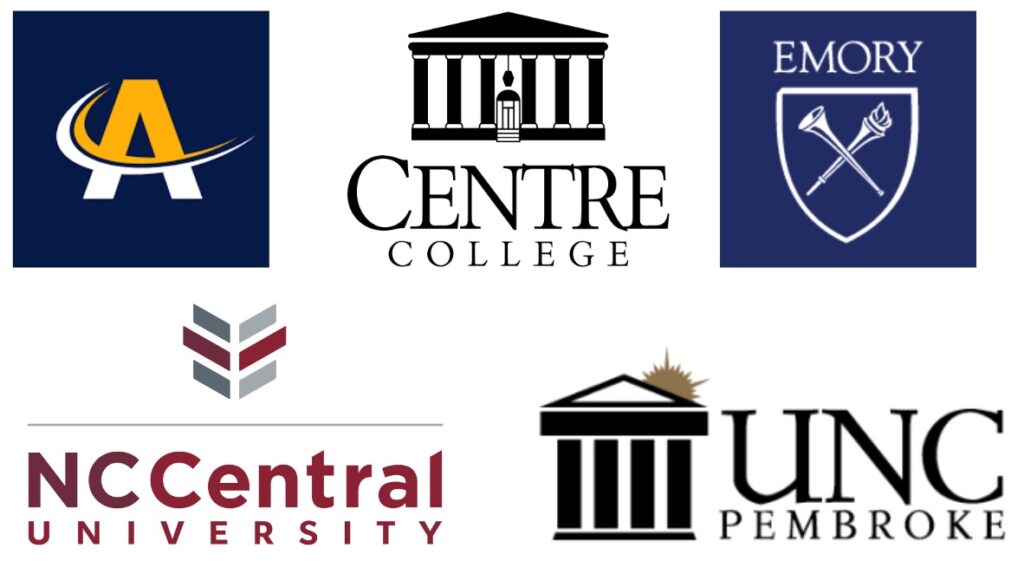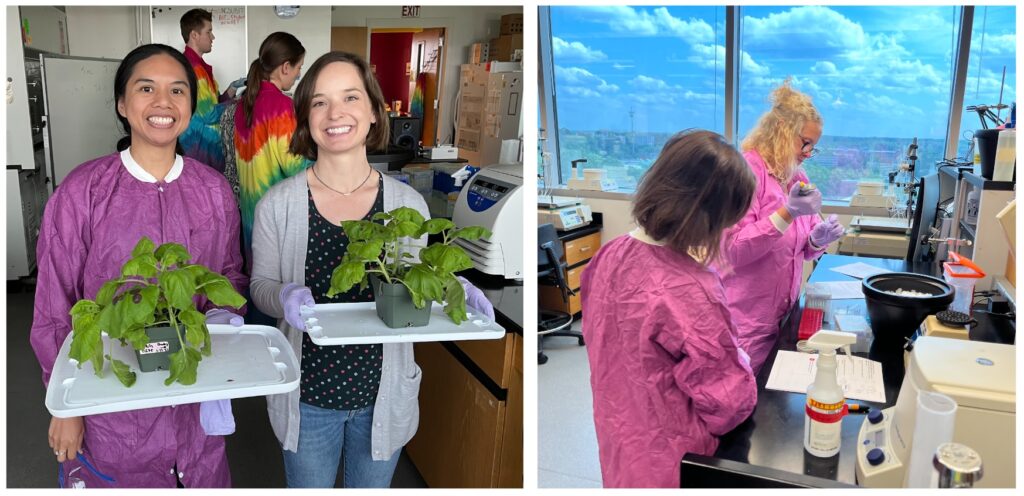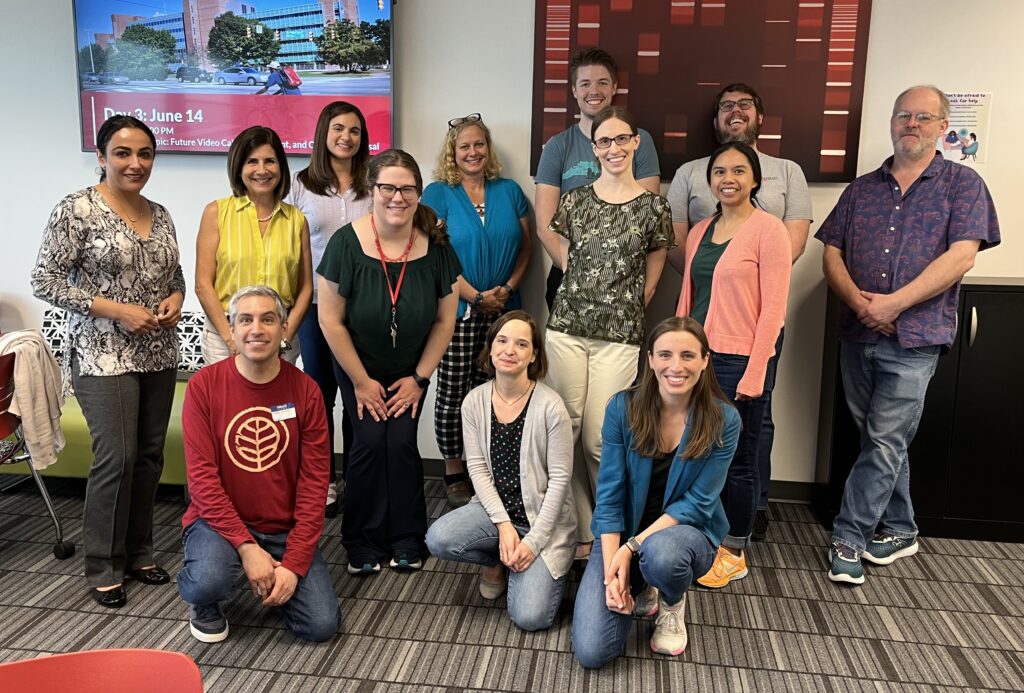I h-IPERT-isize That You Want to Read This!
The BIT Program at NC State is an emblem of innovation and inclusion. In fact, the National Institutes of Health (NIH) awarded an IPERT grant to the BIT program, and five partner higher education institutions, to be able to create and disseminate lab courses called MBLEMs (Molecular Biotechnology Laboratory Education Modules) to further the impact of teaching up-to-date biomedical research skills! Innovative Programs to Enhance Research Training or simply IPERT, is a program under the NIH to support research educational activities and increase diversity within this field. The Director of the BIT Program, Dr. Robert Kelly, wanted to bring together higher education institutions to partner together and expand the reach of biotechnology. With the faculty having many connections at different colleges and universities, the proposal for the IPERT grant went underway.
Careful consideration was given when developing the partnership with other higher education institutions, which led to the inclusion of institutions even outside of North Carolina. The goal was to reach a diverse group of learners from an equally diverse group of institutions including community colleges, private universities and colleges, historically black colleges and universities (HBCUs), and tribal colleges and universities (TCUs). This brought together Alamance Community College, Centre College, Emory University, North Carolina Central University, University of North Carolina at Pembroke, and North Carolina State University to collectively receive the IPERT grant.

How the institutions work together was perfectly described by Dr. Goller when he said that “it’s a dynamic interaction.” Although the courses are developed and taught at NC State, the material and coursework are implemented into classes taught at other institutions. It’s like a feedback loop where the faculty at the BIT program develop these MBLEMs and students and instructors at the partner universities share their experiences and thoughts which allow us to continuously innovate and improve.

It is through the IPERT grant that the BIT program has been able to hire and work with scientists and researchers like Dr. Hayden Huggins and Dr. Raymond Haggerty who bring their ideas to create new MBLEMs. As mentioned on the NIH website, the IPERT fund does not support the development of “standard/required curriculum of an academic degree program or institution.” It had me thinking how BIT 410/510 can be a core required course for a biotechnology minor and be supported by the grant. That’s when the words dynamic and innovative click again. Even as a required course, classes such as BIT 410/510 are ever-changing and with always more to add. Just recently, they added some new courses to learn biotechnology techniques such as CRISPR and nanopore sequencing. Additionally, the grant has also been able to support the partners through sub-contracts to receive funds for materials to be able to run the MBLEMs.

Over the years, the BIT Program has coordinated many summer outreach events where members from the partner institutions are able to be among the first to try new MBLEMs. The program may be limited by funds to bring in more partner institutions though that has not stopped them from making their MBLEMs accessible to all. They submitted a new grant proposing to extend to three more partner institutions being Spelman College, Hofstra University, and Georgia College and State University. Moreover, their continuous efforts through introducing their MBLEMs in publications and conferences makes them hopeful that one day they will be able to have many more partners and reach an even broader audience! Now, make sure to mark your calendars because IPERT Summer Workshops 2024 will be held from June 9-12 with new partners!